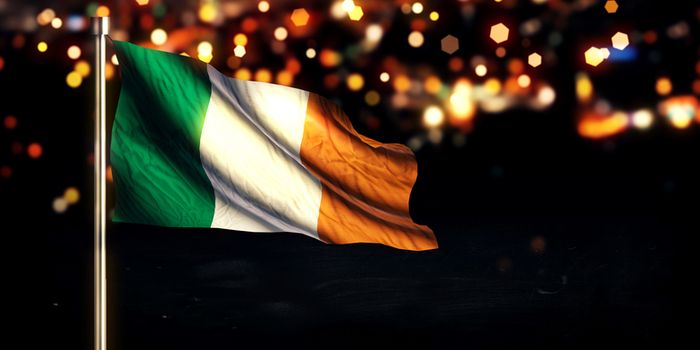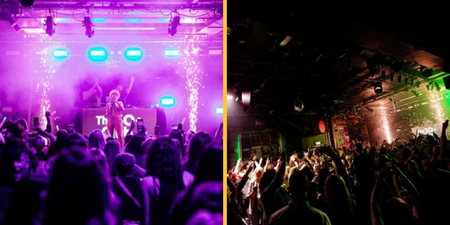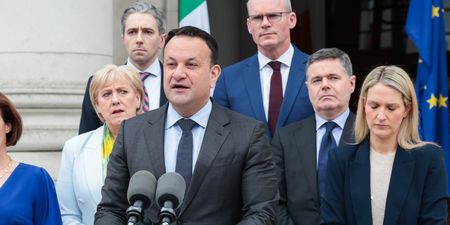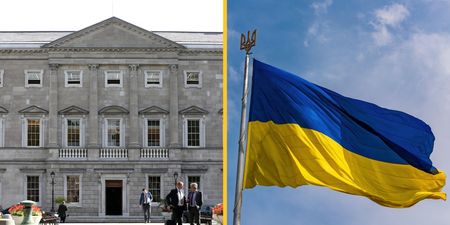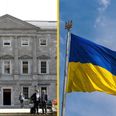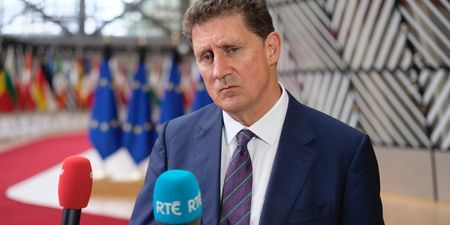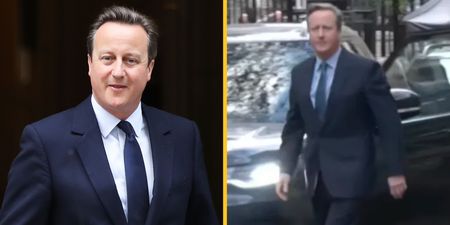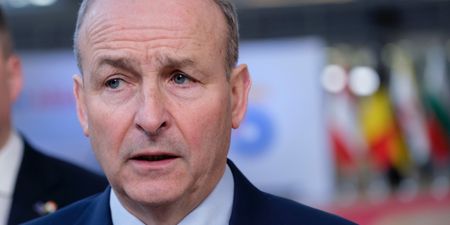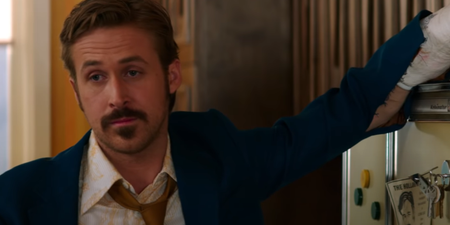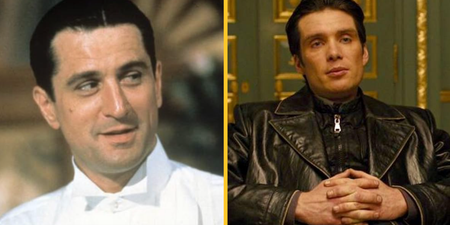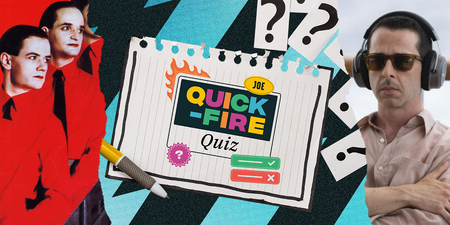Céad míle fáilte? Maybe a few fáiltes fewer.
In the last few weeks, Ireland’s citizenship law has been under the microscope as two different children have faced deportation to unfamiliar countries despite being in Ireland since infancy.
Eric Zhi Ying Xue, a nine-year-old in school in Bray, is at the centre of a heartbreaking story that could see him deported to China, a country where he is not a citizen, despite being born in Ireland and having spent his whole life here. Under Irish law, he is not entitled to citizenship here.
In casual conversation, in online comment sections, it has become clear that many Irish people of all ages had no idea that this was how we ran things.
52,000 people have signed a petition pleading with the government to allow Eric to stay in Ireland, and figures across the government have said “We’re trying”.
So how did we end up deporting children born in Ireland? We voted for it.
Can we be surprised? The referendum on the 27th Amendment of the Irish Constitution took place in 2004. That was roughly the same time that Ireland’s baby-boomers were also voting for the economic ruin of their own country. So maybe we should take a microscope to the choices we made in the mid-2000s.
Fianna Fáil and the Progressive Democrats, presumably riding a wave of anti-immigrant terror in the years following 9/11, proposed the amendment and it passed. Overwhelmingly.
This was a real landslide. 79% of the electorate voted to make sure that kids born in Ireland to two foreign parents would have no right to citizenship. Every single county passed the measure by an unassailable distance.
At the time, the amendment was opposed by the Irish Human Rights Commission and the Irish Council for Civil Liberties — as well as Labour, Sinn Féin, the Socialist Party and the Greens. It was supported by Fianna Fáil and Fine Gael — two parties who now seem to have changed their mind.
Will never apologise for standing up for a young boy in my constituency. That’s my job. Honoured to do it. Speaking up and speaking out is what my employers – the people of Wicklow expect me to do.
— Simon Harris TD (@SimonHarrisTD) October 19, 2018
While there can be a different discussion over what rules might apply to a consenting adult who immigrates to Ireland outside the law, the same principles don’t apply to babies born here. Babies don’t know about immigration law. Babies don’t know about fraudulent passports. Babies cannot be illegal.
Even so, Minister for Justice Charlie Flanagan has said that there are no plans to revisit this amendment. He should be challenged on this. Hard. Human rights concerns such as these cannot be brushed aside so casually.
130 minors have been deported from Ireland in recent years. Most are granted citizenship, Minister Flanagan has confirmed, but this is little comfort to the children who can end up waiting years to learn whether or not their lives will be turned upside down in a way that is almost impossible to imagine.
It is no foregone conclusion that these kids are made citizens. Why else would Simon Harris, the TD responsible for Bray, announce his intention to take on Eric’s case?
Let’s think about that. When your Minister for Health is taking time out of his day to make sure that a law isn’t enforced, chances are that something has gone terribly wrong.
Fianna Fáil TD for Wicklow Stephen Donnelly has similarly broken with the 2004 iteration of his party and made a public appeal to stop the deportation.
Once it becomes overpoweringly evident that neither the government, nor the opposition, nor the public, nor common sense, nor common decency can support a law — it’s time to accept that the law is a grave error. It’s time to give the matter back to the public.
Enforcing the law simply because it’s the law is not how a democratic state is supposed to function. Once the population has realised that injustice is built into the constitution, then the constitution has to change. The uproar over recent cases makes it clear that the time to revisit Irish citizenship is now.
Perhaps the most sickening element of this debacle is the barefaced hypocrisy. We’ve all had a good chuckle at the honest-to-god British people with Irish grandparents seizing upon citizenship here now that they’ve steered their own country off the face of the earth. And yet we can’t afford a child born here the same kind of welcome?
How do we justify this? In what way is an adult who has spent their entire life in England more entitled to Irish citizenship than a child born here, educated here, cared for here, with all of his friends here and with no claim to citizenship anywhere else on earth? It’s ludicrous, and it cannot be allowed to continue.
Celebrations at Tullamore College after 14-year-old student was granted leave to remain in Ireland pic.twitter.com/119kT9mG5y
— RTÉ News (@rtenews) October 11, 2018
Ireland has just been through this. A matter of weeks ago, Nonso Muojeke was granted leave to stay in Ireland after a tireless campaign from the other 14-year-olds in his class at Tullamore College. He had been living in Ireland since he was two years old — and was threatened with deportation to Nigeria. 20,000 people signed a petition in support of the cause — and an outpouring of celebration followed videos of Nonso returning to his classroom with the burden of deportation lifted from his young shoulders.
Hopefully the same will happen for young Eric when the work of civil society pressures government to let him to stay in Ireland too, rather than feeding him to our ridiculous law. If all goes well, the scenes will be jubilant. There will be relief. There will be hugs. There will be tears of joy. The RTÉ News video will go viral. But we can make it so that the terror never existed in the first place.
It does not bear thinking about what happens if all does not go well.
Any law that makes children live in fear is a law worth changing. We can’t have so much respect for the past that we hesitate to correct its most obvious mistakes.
LISTEN: You Must Be Jokin’ with Conor Sketches | Tiger Woods loves Ger Loughnane and cosplaying as Charles LeClerc
